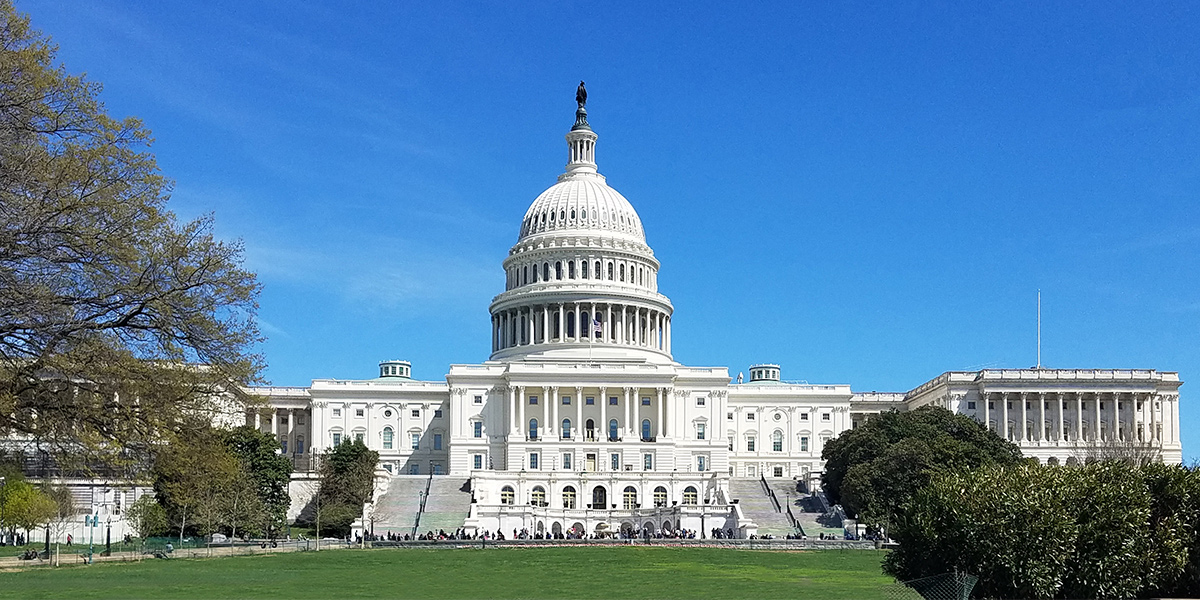NCCS Pushes for Inclusion of Critical Health Care Provisions in Reconciliation Package
NCCS joined with other advocacy groups in sending letters to congressional leadership supporting the inclusion of several critical provisions in the reconciliation bill that Congress is currently negotiating.
Specifically, NCCS expressed support for provisions that would permanently close the Medicaid coverage gap, make the enhanced advance premium tax credits (APTCs) included in the American Rescue Plan Act (ARPA) permanent, and establish a national paid family and medical leave program. Enacting these policies would expand cancer patients’ access to quality and affordable health care and ensure patients can treat their illness and caregivers can provide care for their loved ones without risking a significant loss of income or their jobs.
Closing the Medicaid Coverage Gap
Permanently closing the Medicaid coverage gap is vitally important for cancer patients, especially for those living in the 12 remaining non-expansion states. Significant research has shown that Medicaid expansion improves cancer outcomes and reduces the burden of cancer by providing access to timely cancer screening and prevention and early detection services.
Extending the Expansion of APTCs
Americans who enrolled in health insurance coverage after ARPA implementation significantly saved on costs of health insurance premiums. Permanently expanding APTCs will help cancer patients who rely on the individual marketplace for coverage access more affordable health care.
Establishing a Paid Leave Program
It is critical that cancer patients and their caregivers have access to paid time away from work when receiving treatment or caring for their loved one. Patients with serious health care needs and their caregivers suffer in multiple ways from a lack of paid leave. Patients’ treatment may suffer, and they may suffer economically. The economic harm is immediate and may be long-lasting if they lose their jobs.
In NCCS’s 2021 State of Cancer Survivorship Survey, many cancer patients and survivors expressed concerns about issues that could be addressed by a national paid leave policy. We found that 4 in 10 survivors we surveyed had to make financial sacrifices, and 43% reported that their cancer diagnosis affected their work status, with numbers significantly higher for women, Hispanics/Latinos, young adults, low-income survivors, people currently in treatment, and people with metastatic cancer. Nearly 10% of respondents quit their jobs, with numbers as high as 21% for some subgroups. Paid leave would help many of these patients keep their jobs.
Read the full letters below.
